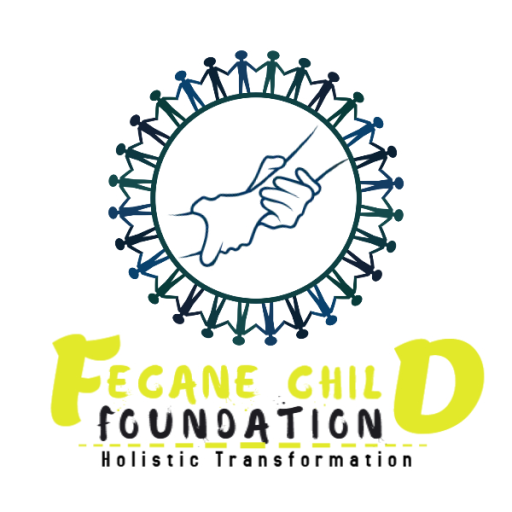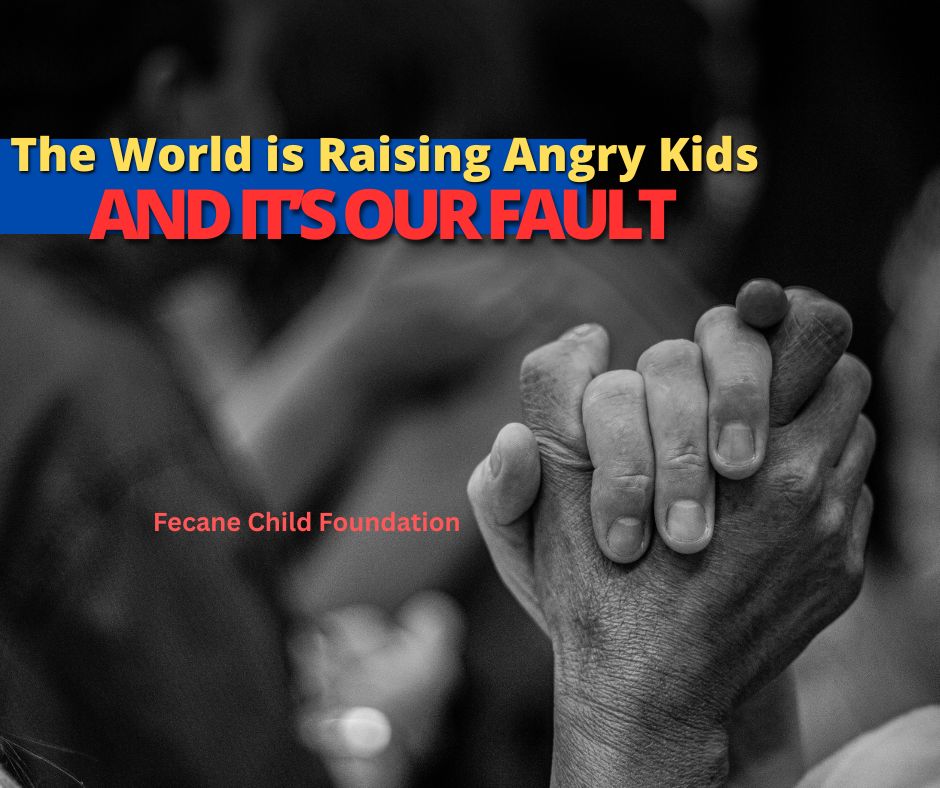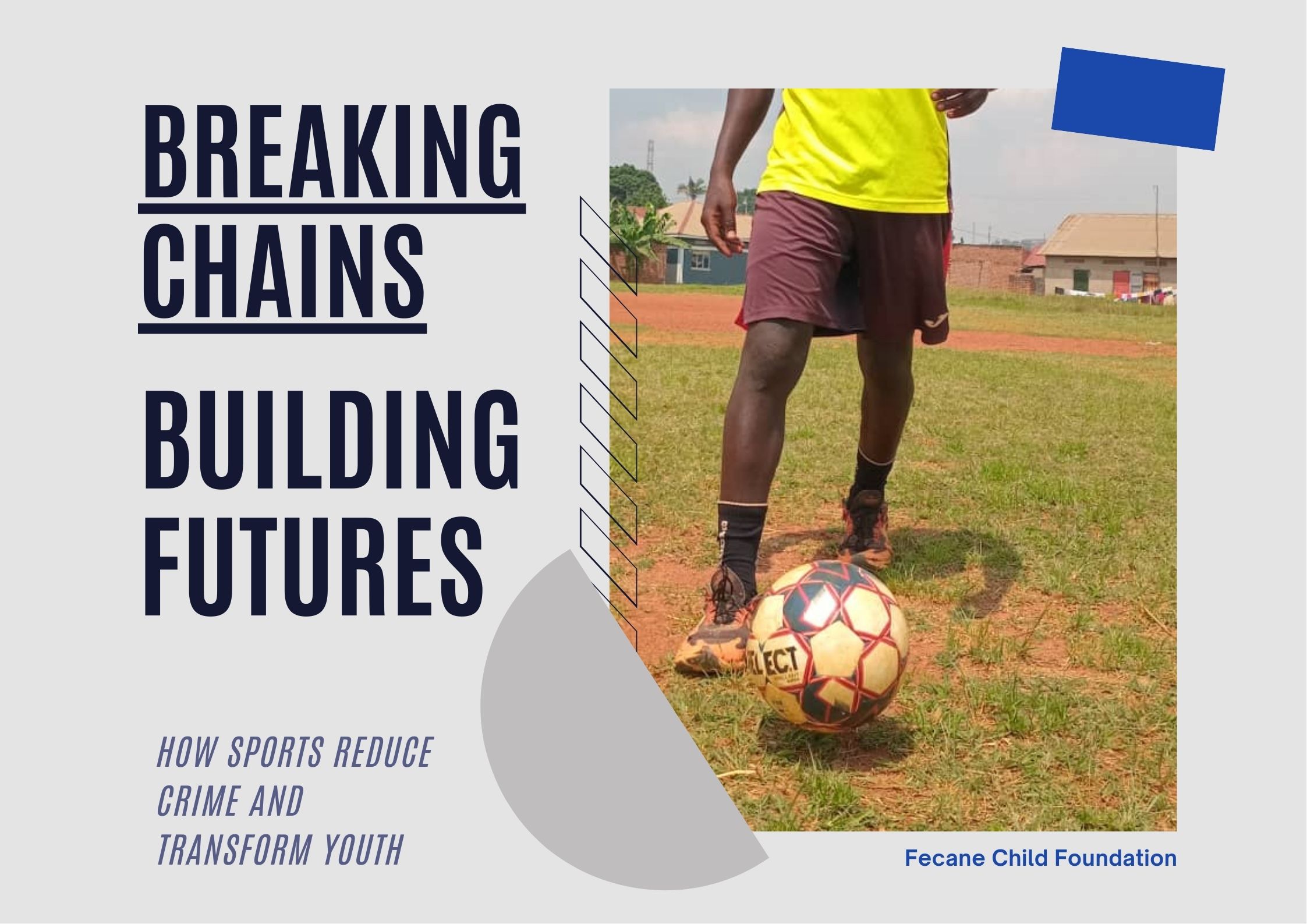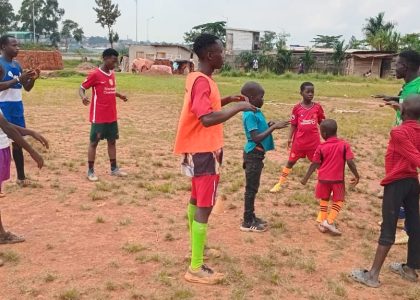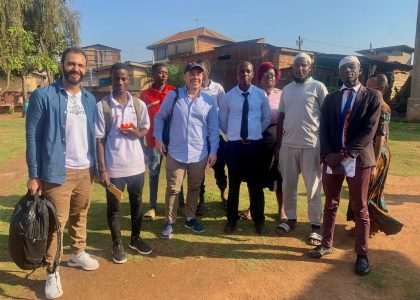By: Fecane Voices
“You call it disobedience. I call it a cry for help.”
We tell kids to behave, but rarely show them how.
We want them to be calm in a world that is anything but.
We dream of raising leaders, but we silence their voices before they even know how to speak.
Around the globe, from the crowded slums of Kampala to the manicured suburbs of Europe, from broken homes in war-torn regions to single-parent households in the city, a quiet crisis is unfolding—a generation of angry, anxious, emotionally disconnected children is growing up in our shadows.
And make no mistake: this is not their fault.
It’s ours.
The New Face of Childhood
Children today are growing up in a paradox.
They have access to more information than ever before—but less wisdom.
More entertainment—but less play.
More attention on screens—but less human connection.
More performance—but less purpose.
At the core of it all is one powerful truth we keep avoiding:
Children mirror the world we hand them.
And the world we’ve created is cracking.
A Perfect Storm: What’s Fueling the Rage
❖ Parenting in Survival Mode
Many caregivers are parenting with empty cups—burned out, underpaid, overwhelmed, traumatized themselves.
They want the best for their kids, but life has pushed them into survival.
So they react. They shout. They discipline without explaining. They shut down emotional conversations because they never had anyone guide them through theirs.
“My mother raised seven of us. I love her, but I don’t remember her smiling.”
– Fecane youth, age 14
❖ Broken Schooling Systems
Children spend most of their days in institutions that teach them how to memorize, obey, and perform—but rarely how to understand themselves.
In many developing countries, schools are underfunded, overcrowded, and emotionally sterile. There’s no time for empathy when there’s a syllabus to finish and 90 kids in one classroom.
And in affluent areas, the pressure to succeed breeds its own form of emotional neglect.
No matter where they are, kids are either ignored or over-managed. And the result?
Confusion. Disconnection. Suppressed rage.
❖ A Culture of Comparison and Chaos
By age 10, a child has likely seen more violent images, curated Instagram lifestyles, and overwhelming world tragedies than most people saw in a lifetime fifty years ago.
They scroll through conflict, filters, and fake smiles.
They watch “rich kids” flaunt wealth while they sleep hungry.
They see people their age already “famous” and “successful” while they feel invisible.
Comparison is the thief of joy. But in today’s world, it’s also the seed of quiet rage.
What Happens to an Angry Child?
They withdraw.
Or lash out.
Or harm others.
Or harm themselves.
Or simply stop believing they matter.
And we label them:
“Stubborn.” “Violent.” “Lazy.” “Hopeless.”
But we never ask: What have they survived? What have they absorbed from us?
Because anger is almost never the first emotion.
It’s what happens after the sadness was ignored,
after the fear wasn’t comforted,
after the child gave up trying to be understood.
Fecane Child Foundation: A New Way Forward
Here in Uganda, we work with children who carry generations of trauma, poverty, and neglect in their eyes.
Many arrive with fists clenched and spirits guarded.
But slowly…
A football field becomes a place of freedom.
A mentor becomes a new kind of parent.
A team becomes a family.
A daily routine becomes healing.
We don’t just train footballers—we rebuild trust.
We don’t just run programs—we hold space for growth.
We don’t just offer charity—we offer dignity.
Healing is Possible—But It’s a Choice
We need to choose again.
Choose to see behavior not as rebellion—but as communication.
Choose to prioritize emotional intelligence as much as academics.
Choose to fund community programs, not just punishments.
Choose to raise kids with accountability and compassion.
Because children raised in emotional poverty will always rebel—either silently or violently.
This Is a Global Wake-Up Call
We must act like the village that raises a child—because the opposite is already happening.
A world that abandons its children is digging its own grave.
And while we may not undo the damage overnight, we can start somewhere:
- Talk to your child tonight. Ask them how they feel. Actually listen.
- Donate to youth-led initiatives doing real work in underserved communities.
- Support teachers, parents, coaches, and mentors on the frontlines.
- Stop judging the child. Start fixing the system.
Let’s Be the Generation That Didn’t Look Away
Children don’t need perfect adults. They need present ones.
They need communities that choose connection over correction.
They need organizations like Fecane Child Foundation that create safety, routine, discipline, and love.
This isn’t just about Uganda. This is about all of us.
Because if we don’t break this cycle…
We’ll raise a generation that has everything—except peace.
👉 Support the movement. Give a child more than food or clothes—give them a reason to believe in tomorrow.

